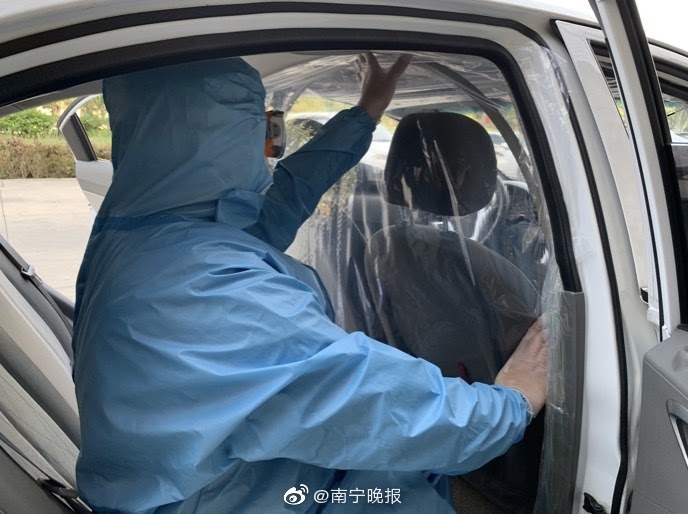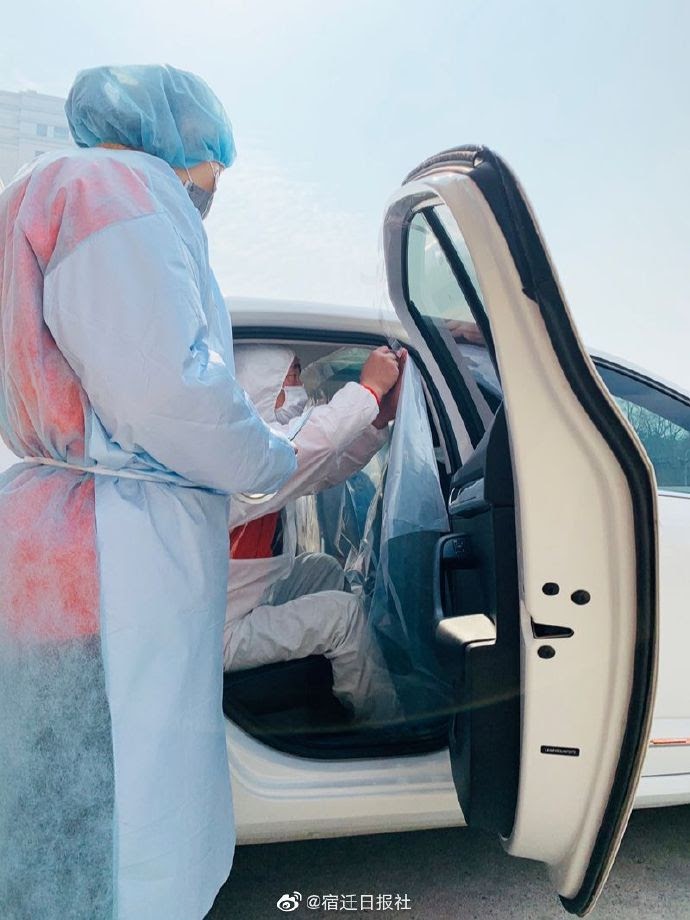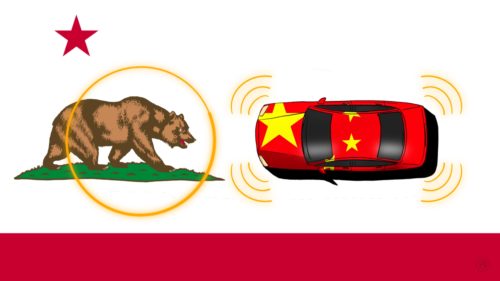Didi installs protective sheets in vehicles amid coronavirus fears
Didi installs protective sheets in vehicles amid coronavirus fears

The COVID-19 outbreak has infected tens of thousands of people and killed nearly 3,000. As people avoid going to public places, sometimes under government orders, many businesses such as restaurants, movie theaters, and retail stores have been struggling to stay afloat. Commuters have also been avoiding taxis and ride-hailing services.
In an attempt to stem fears from customers, Didi Chuxing, China’s dominant ride-hailing company, began installing protective plastic sheets in its vehicles as dividers between passengers and drivers.

Per an announcement (in Chinese) released by Didi on February 18, the sheets were put up starting on February 8 to prevent the virus from being transmitted through droplets in ride-sharing vehicles on its network. Noting that the design and installation of the sheets were under the guidance of medical professionals, the company stressed that the sheets had cost roughly 30 million yuan ($4.2 million) so far, and that it was expecting to spend another 70 million yuan ($9.9 million) in the near future, as the dividers need to be changed from time to time.
“Placing sheets in cars might be an unsophisticated idea, but we are open to try any methods at our disposal to combat the epidemic with people across the country,” the car-hailing giant wrote (in Chinese). “Protective sheets are needed for safety, but love wins over estrangement. The epidemic will end eventually.”

In comparison with public transport, which is an ideal setting for respiratory diseases like COVID-19 to spread, taxis and ride-sharing cars are relatively safe during an epidemic. But given that vehicles are still enclosed spaces, worried passengers in China have been turning away from ride-hailing services.
Aside from the protective sheets, Didi has also issued a basic set of policies to reduce risk of transmission of COVID-19, such as ordering drivers to wear masks, keeping track of their temperatures, and offering them free sanitization services. The company suspended its service in Wuhan in late January, when the whole city was placed under strict quarantine.






